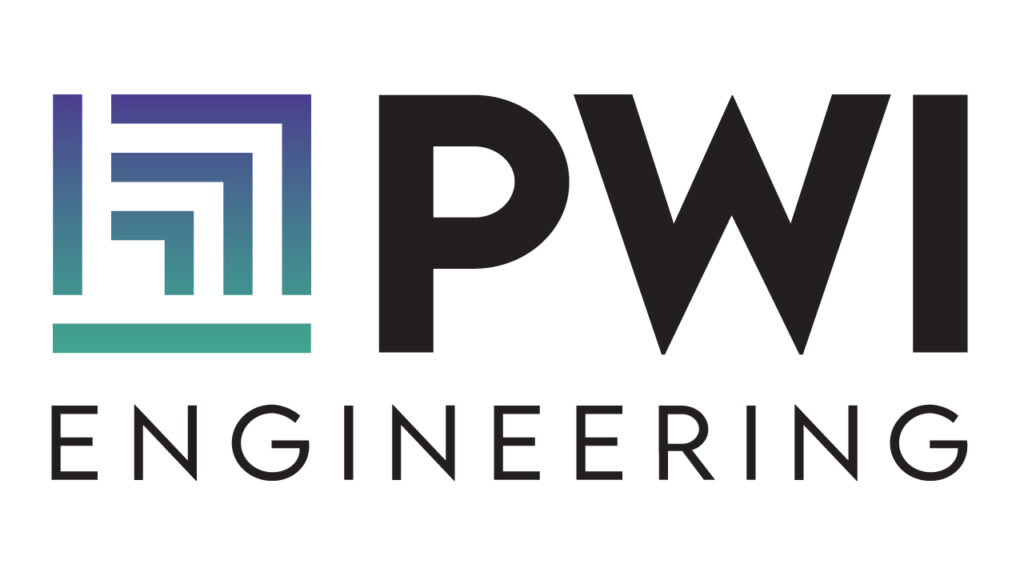We undoubtedly live in one of the fastest evolving times, with scientific and technological advances permeating our daily lives at a relentless “race-for-space” -like pace. The diversity, breadth, and implications of this new technological revolution are unprecedented. Some refer to this era as the dawn of the Fourth Industrial Revolution or the Second Machine Age; a time of changes and disruptions characterized by pioneering digital technologies that tightly connect physical, digital, and biological worlds.
As in previous revolutions, engineers undisputedly play a crucial role in the development of technologies to address these pervasive challenges that are vertiginously rapid, broad, and complex. The engineers of today are asked to work and interact in a global and multidisciplinary environment, and provide rapid solutions for a variety of problems, which, as reported by the National Academy of Engineering, range from climate change to sustainable housing, from virtual reality to advanced artificial intelligence, from cybersecurity to terrorism, from advanced health and biomedical informatics to personalized medicine, and from smart maintaining infrastructure to autonomous things.
The challenges we face as a society are global in scale and have an impact on a social, political, and economic level. Public engagement in science and engineering is more vital than ever before, to shape this technological revolution and collectively pave the way for a more prosperous and fairer world.

